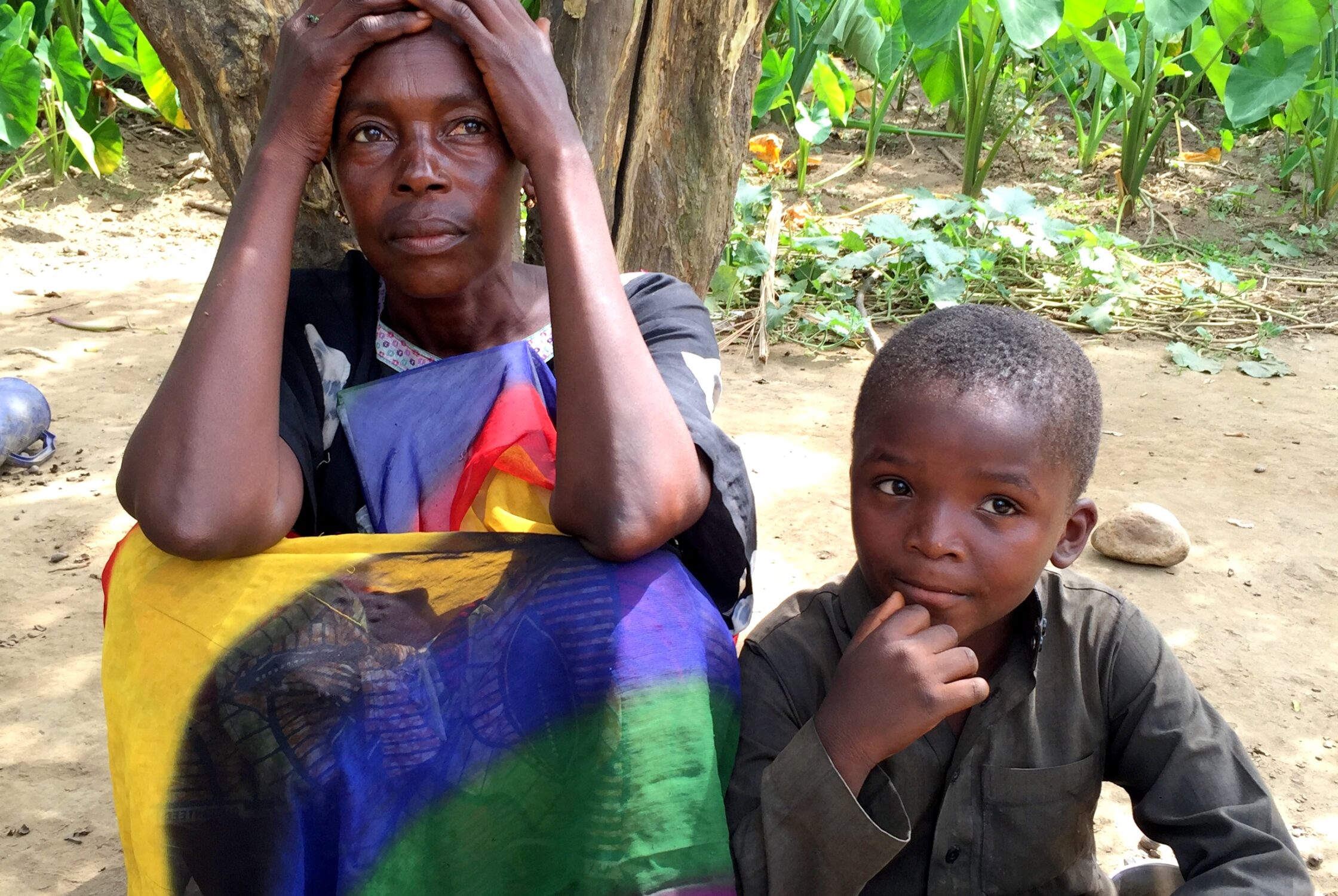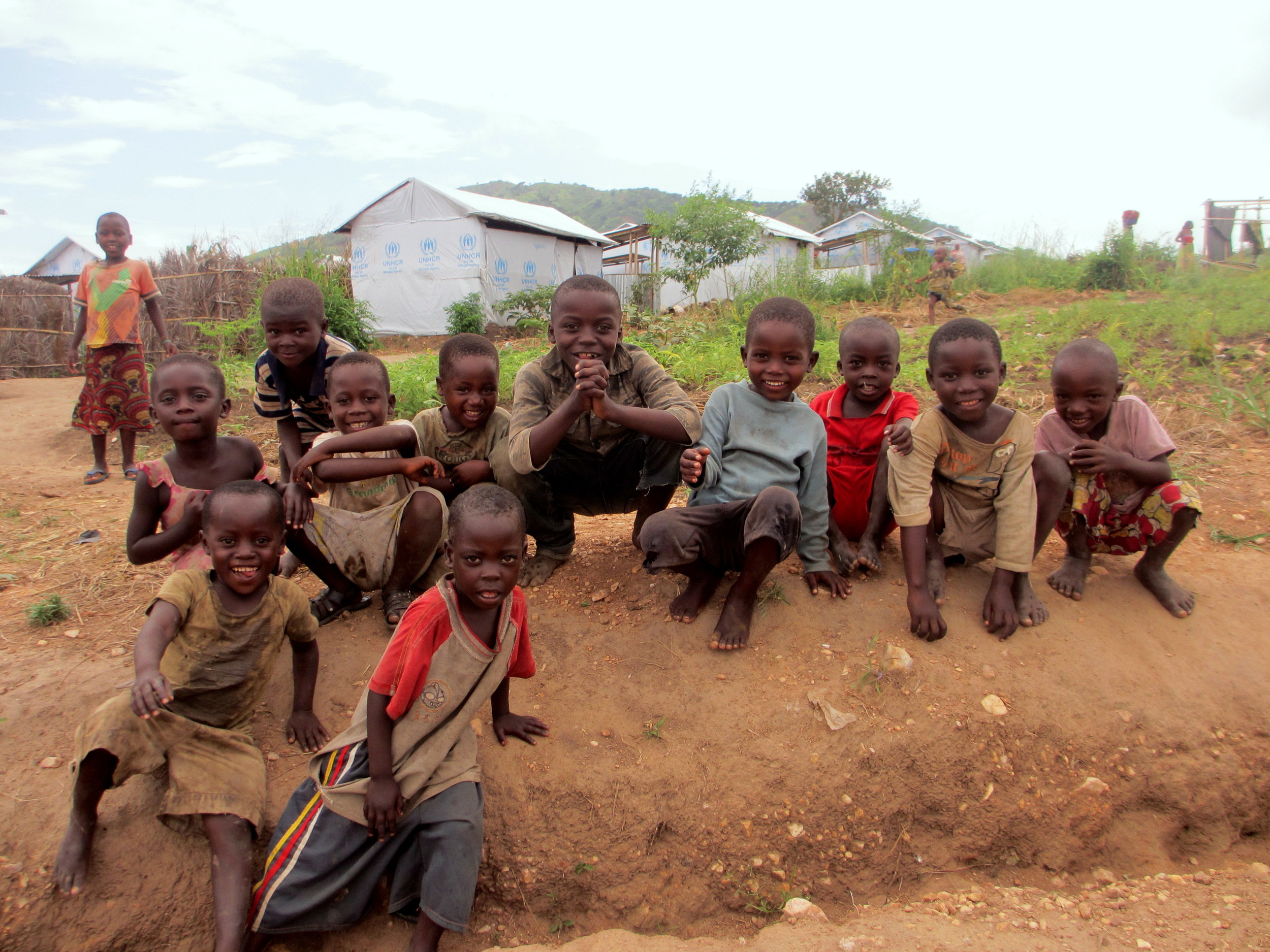No Respite: Burundian Refugees in the DR Congo

Since April 2015, a violent political crisis in Burundi has forced several hundred thousand people from their homes, many seeking refuge in neighboring countries. Nearly 23,000 Burundians fled overland or by lake into the eastern Democratic Republic of the Congo (DRC).
This number may seem small relative to other refugee crises around the world, but the Burundians have arrived into a region that is wracked by severe insecurity and volatility. Burundian refugees face threats from the myriad armed groups that operate in eastern DRC, in addition to Congolese security forces and migration officials who prey on vulnerable populations. A robust international response is required to protect and support Burundian refugees in the DRC, something that is lacking at present.

“There is not much assistance here. We are not taken care of.”
recently arrived refugee at a transit center in south kivu
Recommendations
Donor Countries Should:
- Increase funding for the protection monitoring and response activities of the UN Refugee Agency (UNHCR) in refugee-hosting territories of South Kivu;
- Through UNHCR, provide greater resources to the Congolese National Commission for Refugees (CNR), including support for the CNR’s training and monitoring activities vis-a-vis other government agencies;
- Increase funding for the training of Congolese security forces in refugee rights and refugee law, and support the creation of a police de proximité system in refugee-hosting areas;
- Solicit and support projects that enhance local communities’ capacity to host Burundian refugees, including improvements in local infrastructure, social services, and environmental management;
- Increase funding for the protection monitoring and response activities of the UN Refugee Agency (UNHCR) in refugee-hosting territories of South Kivu;
UNHCR must:
- Deploy additional protection staff to the refugee-hosting territories of South Kivu, and provide additional support to partners working in both protection monitoring and response;
- Consistently enforce a maximum one-week stay in transit centers for newly-arrived refugees;
- Establish and implement a complaints and feedback mechanism for Burundian refugees that is in accordance with the Core Humanitarian Standard on Quality and Accountability;
- Deploy additional protection staff to the refugee-hosting territories of South Kivu, and provide additional support to partners working in both protection monitoring and response;
- UNHCR and CNR must increase the frequency of their inspection visits of offices of the Directorate-General for Migration in South Kivu to mitigate violations of refugee rights and international refugee law; further, a clear mechanism for provincial and national-level follow-up must be established in coordination with the Ministries of Interior and Humanitarian Affairs.
Michael Boyce and Mark Yarnell traveled to the eastern DRC in March and April 2016 to assess the situation of Burundian refugees.